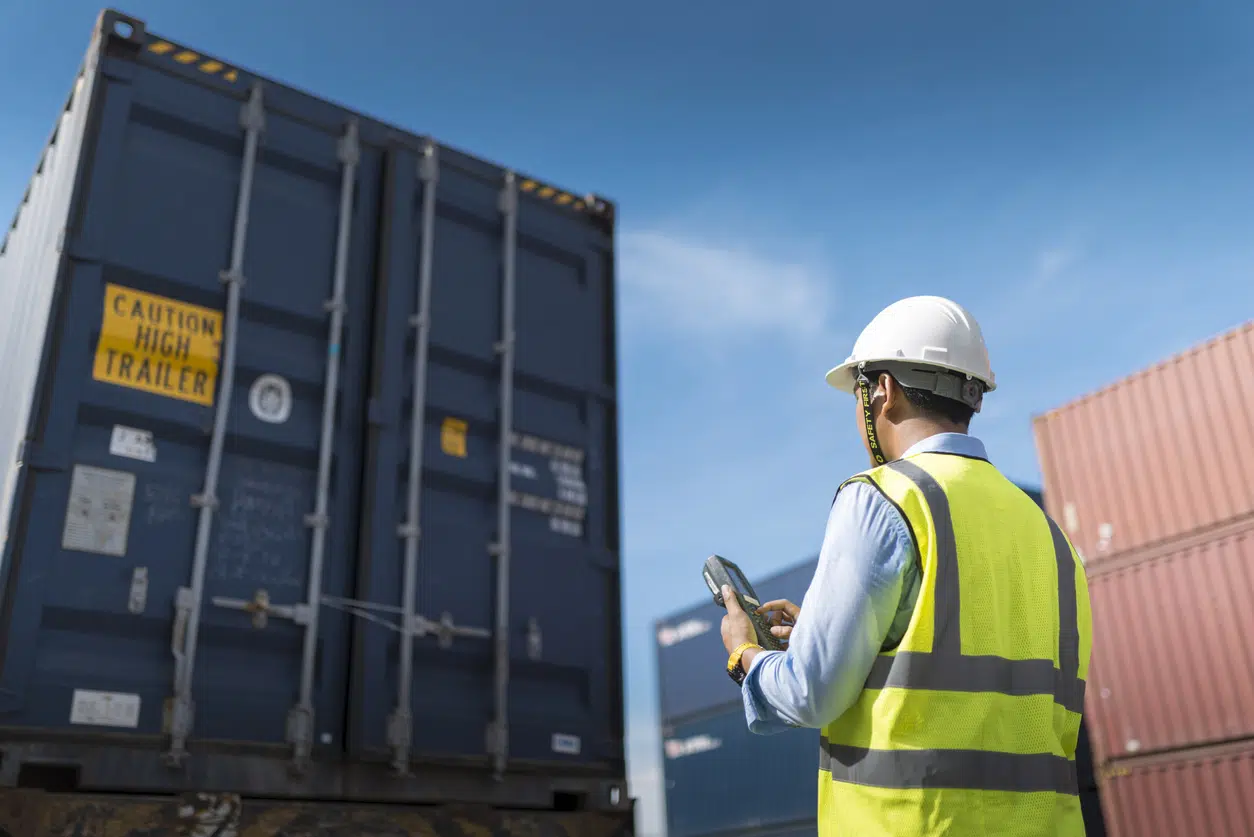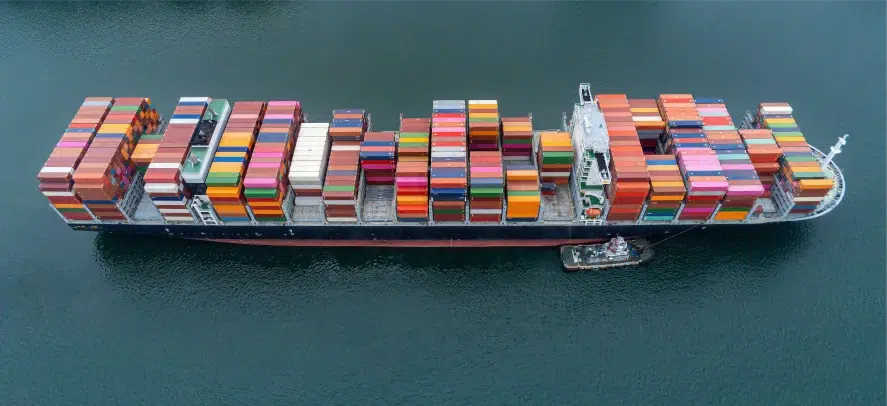Avoidable border delays can be costly, frustrating, and entirely preventable — yet they remain a persistent challenge for many businesses. A recent report from HMRC, “Research exploring the impact of border checks” (May 2025), sheds light on why avoidable checks are still occurring and how traders and intermediaries can address the root causes.
While the findings echo what many in international trade already experience, they offer timely reminders of the need to get the basics right, especially in the evolving Border Target Operating Model (BTOM) context.
When Responsibility Falls Between the Cracks
The research presents feedback from both traders and intermediaries, highlighting overlapping challenges:
-
Documentation discrepancies remain the leading cause of avoidable checks, often due to mismatches between declarations and actual goods.
-
Traders often blame intermediaries for the poor execution of customs formalities.
-
Intermediaries counter that they receive incomplete or inaccurate information from traders.
This misalignment points to a broader issue: better communication and clarity over responsibilities. Without this, even basic errors can disrupt supply chains and inflate costs.


Complexity and Scale: Why Larger Traders Still Face Avoidable Border Delays
The HMRC research highlights the persistent complexity of border procedures — a challenge not limited to small businesses. Even experienced, well-resourced traders are struggling with:
-
Regulatory uncertainty: Frequent updates to customs requirements can create confusion, especially across multi-country supply chains.
-
Coordination failures: Inaccurate or incomplete instructions sent to brokers, or misaligned internal processes, often lead to documentation mismatches.
-
System and communication gaps: Many businesses still rely on fragmented IT systems or inconsistent practices across departments, leaving room for error.
While smaller businesses may lack resources, larger companies face the risk of complacency. High volumes and delegated responsibilities can mask underlying process weaknesses, and when things go wrong, the consequences scale quickly.
Practical Steps to Protect Your Business
Even well-established businesses can face avoidable delays if fundamentals are overlooked. Proactive measures help ensure compliance and reduce friction at the border:
-
Validate documentation rigorously for every consignment — accuracy and consistency are non-negotiable.
-
Provide clear, timely instructions to your customs broker, backed by robust internal procedures.
-
Regularly audit and refine internal customs processes, especially where responsibilities are distributed across teams or systems.
-
Reinforce awareness of legal responsibility — the named importer remains accountable for UK customs declarations, even when intermediaries are involved.
Read more about working with your Customs Brokers here:
If this sounds familiar, you’re not alone, and it’s not the first time we’ve addressed these challenges.
Our blog, Working with Customs Brokers: Everything You Need to Know About Accuracy, Responsibility and Risk, takes a closer look at the practicalities of managing broker relationships, the importance of clear communication, and how to avoid the kinds of documentation errors that continue to trigger avoidable border checks. If your business relies on intermediaries for customs declarations, it’s a useful resource to revisit.
Let’s get in touch …
Related Posts
13 November 2025
£8.5m Ruling Clarifies: Import VAT on Repairs Is Unrecoverable Without Special Procedures
A recent First-tier Tribunal case…
13 November 2025
Customs: Cost Centre or Value Creator? | Why Smart Businesses Are Rethinking Customs in the Supply Chain
For many boardrooms, customs is still…
5 November 2025
ASOS Customs Dispute: Why Valuation Is Now A Boardroom Issue
ASOS’s valuation dispute with German…



